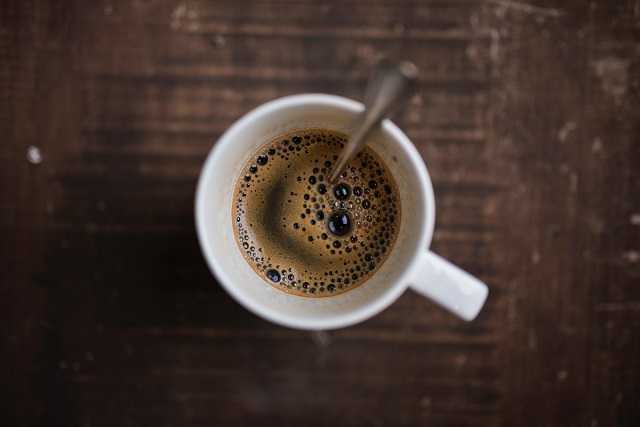MILAN – Portuguese scientists studied coffee-drinkers to understand whether coffee’s wakefulness effect is dependent on the properties of caffeine, or whether it’s about the experience of drinking coffee. “There is a common expectation that coffee increases alertness and psychomotor functioning,” said Prof Nuno Sousa of the University of Minho, corresponding author of the study in Frontiers in Behavioral Neuroscience and Field Chief Editor of the journal.
“When you get to understand better the mechanisms underlying a biological phenomenon, you open pathways for exploring the factors that may modulate it and even the potential benefits of that mechanism.”
The scientists recruited people who drank a minimum of one cup of coffee per day and asked them to refrain from eating or drinking caffeinated beverages for at least three hours before the study.
They interviewed the participants to collect sociodemographic data, and then did two brief functional MRI scans: one before and one 30 minutes after either taking caffeine or drinking a standardized cup of coffee. During the functional MRI scans, the participants were asked to relax and let their minds wander.
Because of the known neurochemical effects of drinking coffee, the scientists expected that the functional MRI scans would show that the people who drank coffee had higher integration of networks that are linked to the prefrontal cortex, associated with executive memory, and the default mode network, involved in introspection and self-reflection processes.
They found that the connectivity of the default mode network was decreased both after drinking coffee and after taking caffeine, which indicates that consuming either caffeine or coffee made people more prepared to move from resting to working on tasks.
However, drinking coffee also increased the connectivity in the higher visual network and the right executive control network – parts of the brain which are involved in working memory, cognitive control, and goal-directed behavior. This didn’t happen when participants only took caffeine. In other words, if you want to feel not just alert but ready to go, caffeine alone won’t do – you need to experience that cup of coffee.
“Acute coffee consumption decreased the functional connectivity between brain regions of the default mode network, a network that is associated with self-referential processes when participants are at rest,” said Dr Maria Picó-Pérez of Jaume I University, first author. “The functional connectivity was also decreased between the somatosensory/motor networks and the prefrontal cortex, while the connectivity in regions of the higher visual and the right executive control network was increased after drinking coffee. In simple words, the subjects were more ready for action and alert to external stimuli after having coffee.”
“Taking into account that some of the effects that we found were reproduced by caffeine, we could expect other caffeinated drinks to share some of the effects,” added Picó-Pérez. “However, others were specific for coffee drinking, driven by factors such as the particular smell and taste of the drink, or the psychological expectation associated with consuming that drink.”
The authors pointed out that it is possible that the experience of drinking coffee without caffeine could cause these benefits: this study could not differentiate the effects of the experience alone from the experience combined with the caffeine. There is also a hypothesis that the benefits coffee-drinkers claim could be due to the relief of withdrawal symptoms, which this study did not test.
“The changes in connectivity were studied during a resting-state sequence. Any association with psychological and cognitive processes is interpreted based on the common function ascribed to the regions and networks found, but it was not directly tested,” cautioned Sousa. “Moreover, there could be individual differences in the metabolism of caffeine among participants that would be interesting to explore in the future.”
















